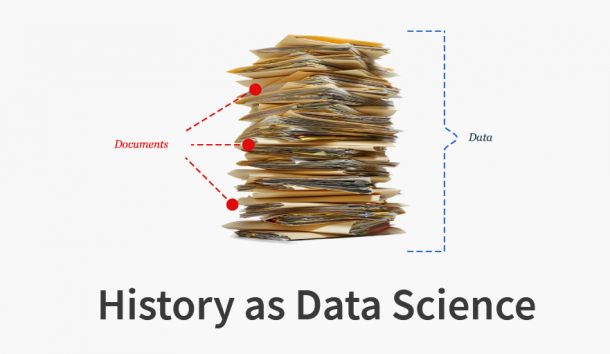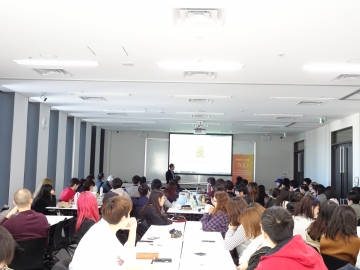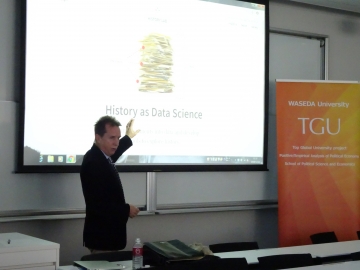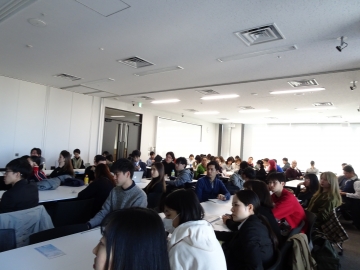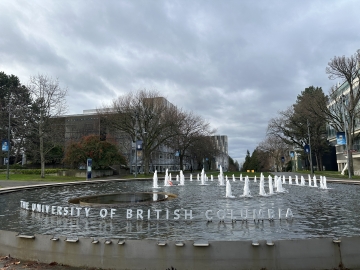On December 14, 2018, Waseda Institute of Political Economy (WINPEC) and the Center for Positive/Empirical Analysis of Political Economy of the Top Global University Project(TGU) invited Professor Matthew J Connelly of the Department of History at Columbia University. Professor Connelly introduced the History Lab, a large-scale project for integrating data science and research in the history of foreign diplomacy where he worked as a Director, and talked about the applicability of the project.
- Professor Matthew Connelly
Today, archival documents have been generated on the daily basis and thus we are not able to cope with a massive array of the documents, Professor Connelly said. The History Lab project was established to digitalize and make a myriad of the documents open to citizens all over the world. In his lecture, he demonstrated the ways of utilizing the project through displaying screen shots of the project’s website. The current project has constructed a huge database covering from Foreign Relations of the United States (FRUS) and the State Department’s cables, collections of the documents fundamental for historical research, to highly confidential archives such as the record of Henry Kissinger’s telephone conversations. Users are able to extract systematic information of the documents from the database and moreover to browse them.
In addition to the basic usage, Professor Connelly expounded the potentialities of the project. A historian specializing in American foreign relations sometimes argues that a particular relation between the United States and a country which he or she is studying was the most important to the then policymakers of Washington. Nevertheless, without a comparison with the policymakers’ perception about the other countries, we cannot evaluate the plausibility of their argument, Professor Connelly claimed. Therefore, he analyzed the text data stored in the History Lab project using topic model, a method of text analysis, to measure the degree of the importance perceived by the American policymakers about a particular country. As a result, he illustrated that Washington officials most frequently mentioned the Soviet Union, a superpower, and major U.S. allies such as the United Kingdom and France. He interpreted the result as meaning that the White House put importance on the relation with the Soviets and the European U.S. allies under a change of the Cold War structure.
A wide range of audience from students to researchers and professors participated in the seminar and enjoyed a heated debate with Professor Connelly. Queries were focused on the limitation of analyzing quantitative data of the documents. For instance, a participant asked what was new about his analysis for the result is already obvious to historians of American diplomacy. Another participant asked about what importance the White House members put on a particular country, implying that eliciting the information from text data could make the historical context of the texts ambiguous. In response, Professor Connelly explained how significant the verification of our intuitive understandings with systematic data was and argued that historians gave the meanings or interpretations to a result of analysis on the document data. Finally, he concluded that the key to the innovation of historical research lay in joint research project among historians, experts in interpretation of texts, political scientists and sociologists specializing in developing a theory and data scientists.